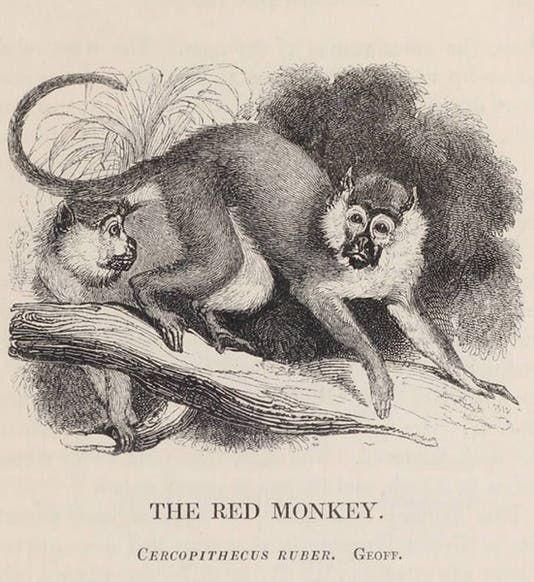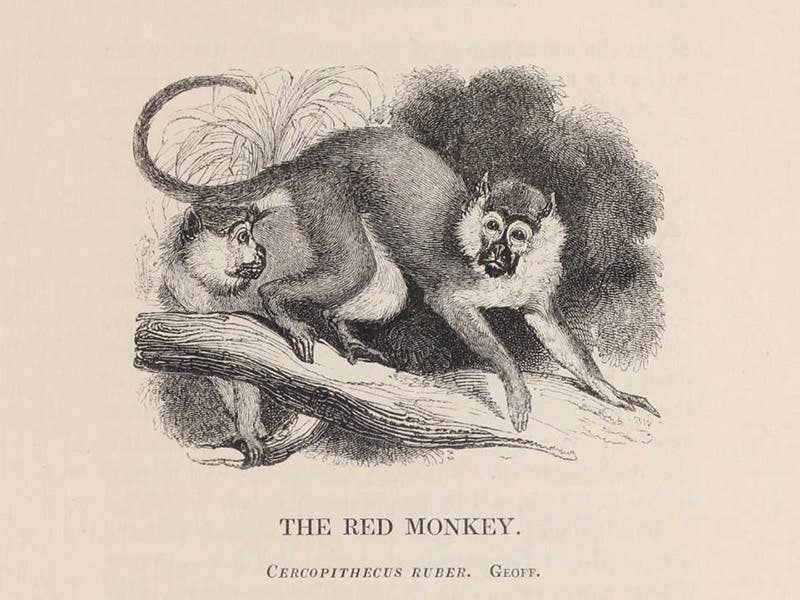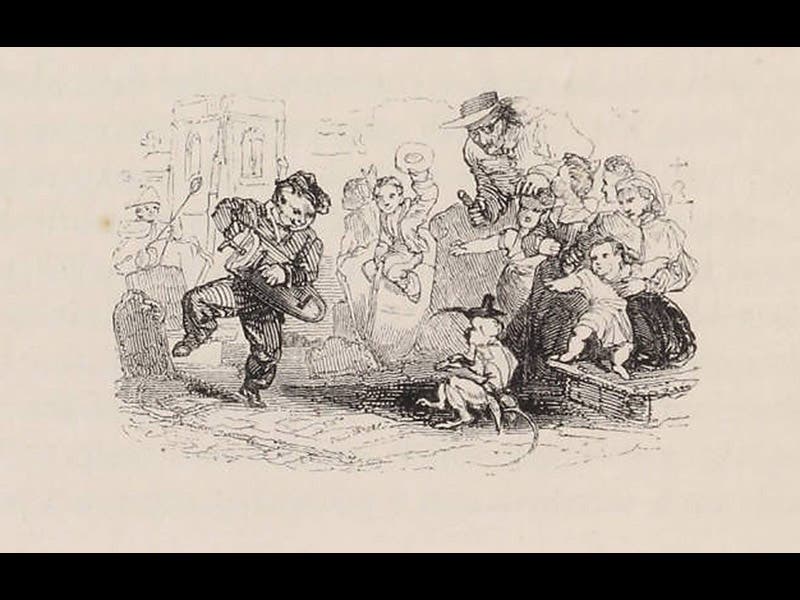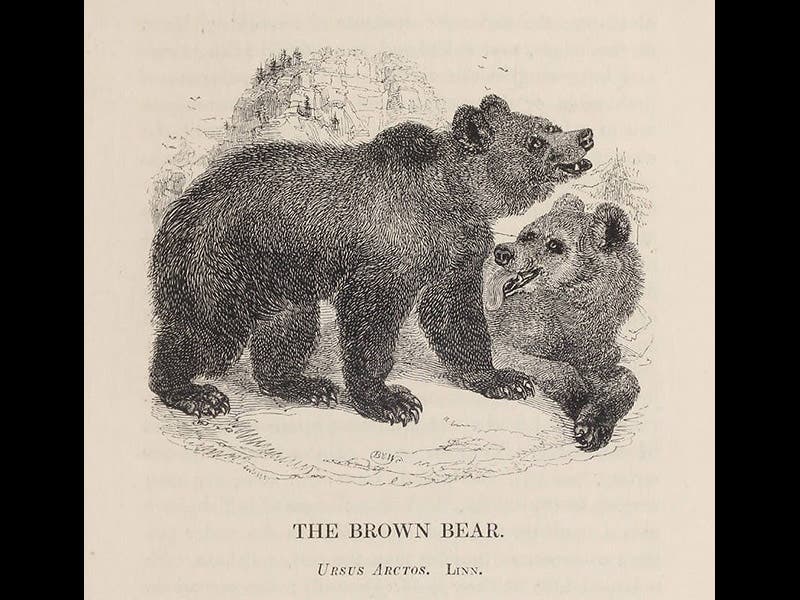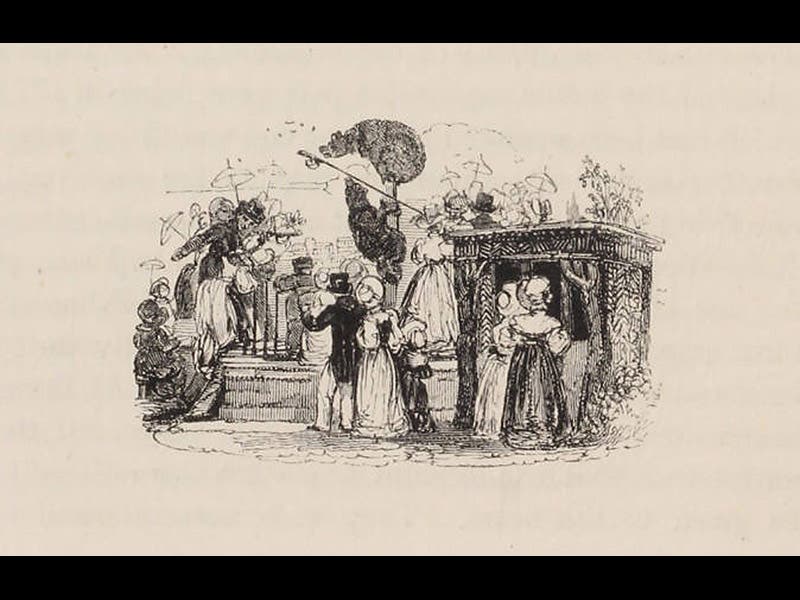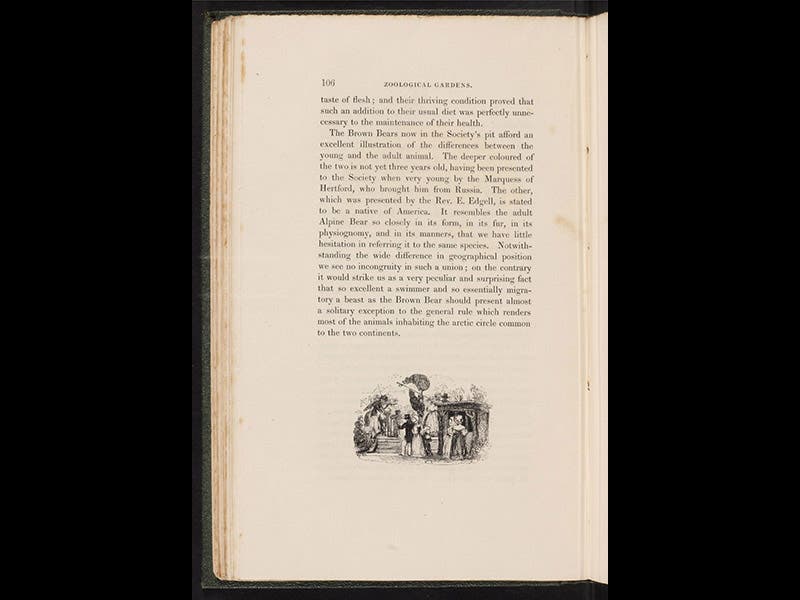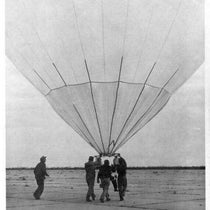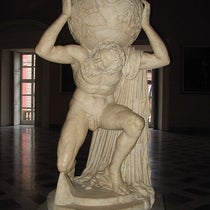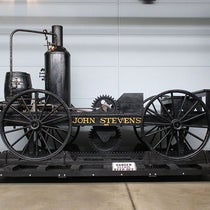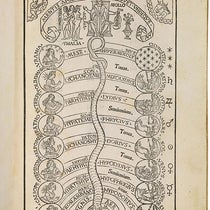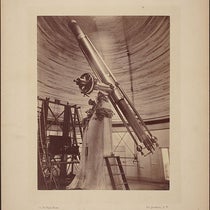Scientist of the Day - Edward Turner Bennett
Edward Turner Bennett, an English zoologist, was born Jan. 6, 1797. Bennett published a number of articles and two books on animals. We don't know much about Bennett, but we can note that he was exceptionally astute in selecting artists to illustrate his works. His articles, mostly published in the Transactions of the Zoological Society of London (of which he was Secretary), discussed such exotic animals as the tuco-tuco of South America and the fossa of Madagascar, and were illustrated by large colored engravings drawn by none other than Edward Lear, one of the greatest painters of birds and animals of the early 19th century. Clink on the two links to see these in our Digital Collections
Bennett's books, on the other hand, such as The Gardens and Menagerie of the Zoological Society (1830-31), were illustrated by tiny wood engravings, drawn by William Harvey and engraved by the firm of Branston and Wright. These cuts are just exquisite; typically an article on, say, the red monkey, will begin with a headpiece providing a traditional zoological depiction of the animal, without frills (see first image above), but then the article will end with a tailpiece that shows the animal doing something amusing or interesting--in the case of the monkey, frolicking for an accordion player (second image). In a similar fashion, the brown bears behave for the headpiece (third image), but then dance about in a travelling circus in the tailpiece (fourth image). The fifth mage gives you a better idea as to how small these tailpieces are on the printed page. These are arguably the most charming wood engravings published since the works of Thomas Bewick, whose birthday we celebrated this past Aug. 14.
Dr. William B. Ashworth, Jr., Consultant for the History of Science, Linda Hall Library and Associate Professor, Department of History, University of Missouri-Kansas City

